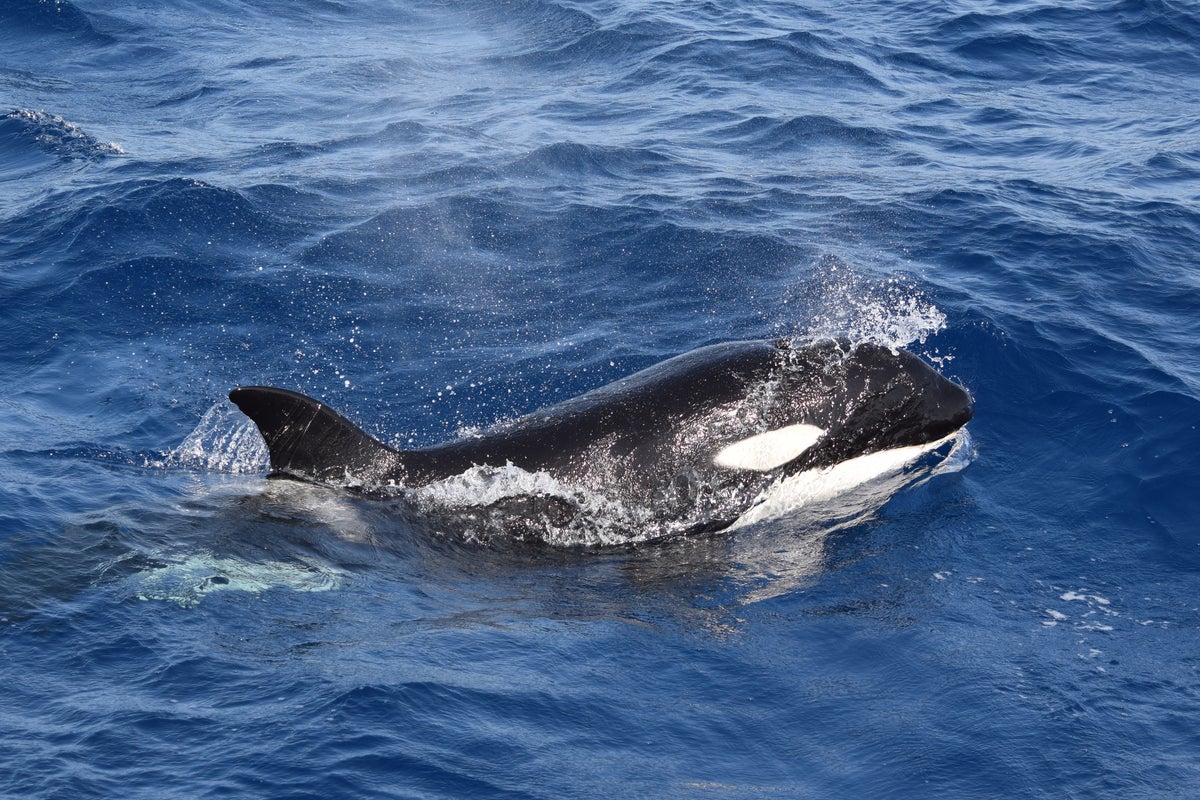British sailors are being warned to be cautious after a sailboat was rammed by orcas off the coast of northern Spain.
Two sailors on a French yacht were rescued by the Spanish coastguard on Monday after reporting being attacked by killer whales at around 2pm.
The incident happened around two miles from the town of Deba, near Bilbao, local media reports.
Though the pair were taken to shore safely, rescuers said incidents in the region were uncommon and that they had not been called to assist in an orca attack in the Basque Country before.
Such incidents are more common further south in the “orca alley” of the Strait of Gibraltar.
British experts have now advised sailors to be cautious and familiarise themselves with what to do if they encounter orcas, as the attack in Spain comes just weeks after Iberian orcas were first spotted in Cornish waters.
Professor Volker Deecke, professor of wildlife conservation at the University of Cumbria, did not rule out that such incidents seen near Spain could happen in British waters.
He told The Telegraph: “UK sailors transiting the hotspots should definitely familiarise themselves with the guidance. The same guidance applies for sailors encountering any killer whales in Cornish waters.”
Guidance includes turning off boat engines and lowering sails if orcas are spotted. Skippers are also advised to turn off autopilot and echo sounders, and not to make loud noises.
Other recommendations include staying in shallow waters, which makes it harder for orcas to ram rudders of boats.
Despite being referred to as killer whales, orcas belong to the dolphin family. They can grow up to eight metres long and weigh up to six tonnes.
Most experts believe orcas are not displaying aggression during the incidents and are instead attacking out of boredom.
“For some unknown reason, the killer whales have developed a penchant for breaking the rudders of sailboats and once they have achieved this, they leave the boat alone,” Prof Volker Deeke told The Telegraph.
“During interactions, the animals remain cool, calm and collected without any of the behavioural signs of aggression such as splashing, or vocalisations.”
The Independent has contacted the Spanish coastguard for comment.

